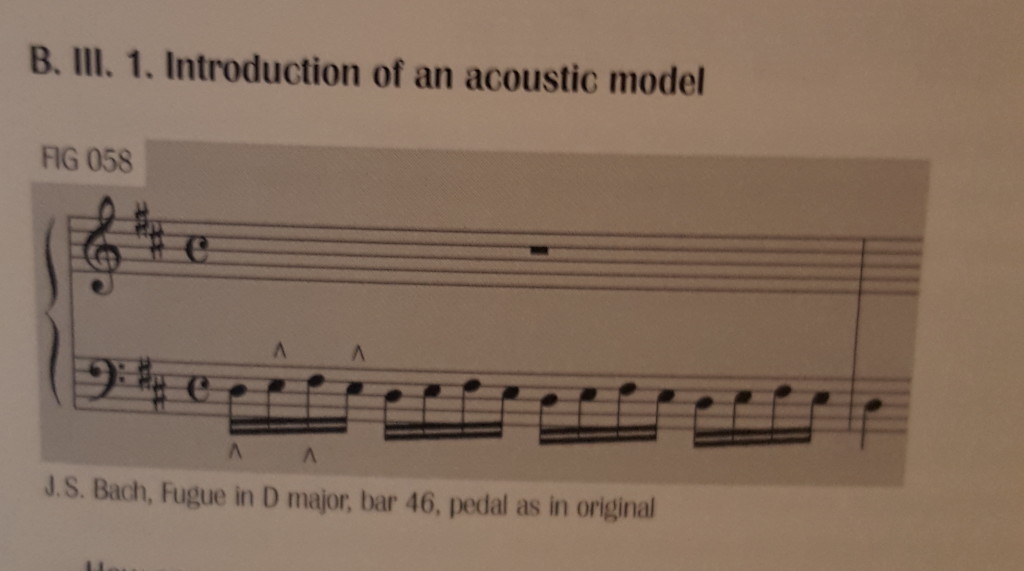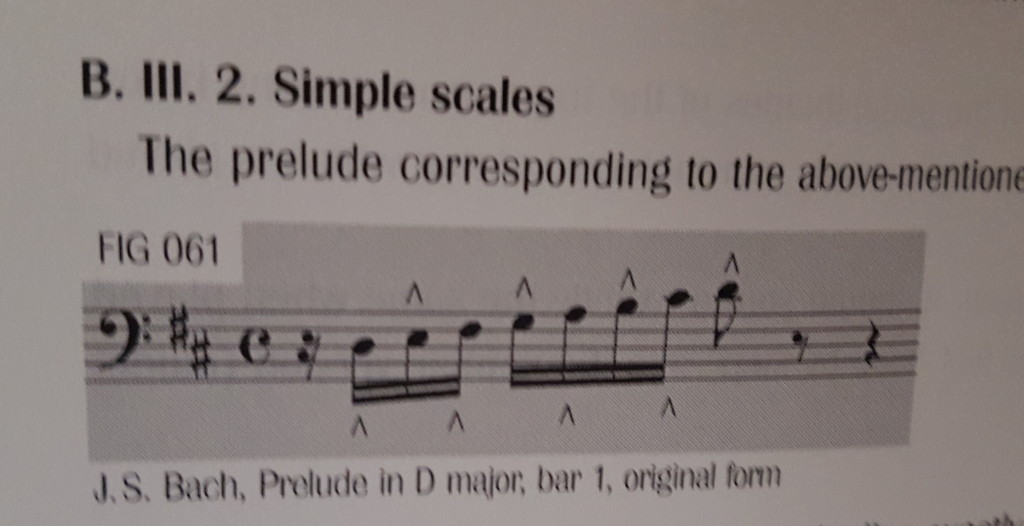I was pleasantly surprised to have my pedaling of the Bach D major fugue confirmed in print this morning.

I have been wondering just how unorthodox my pedal technique is lately. Tackling the Mozart piece has been challenging.

So I was perusing Kraus’s little book on organ practice and I ran across this.
You see the little accent like things above and below the notes? They indicate the right and left toe. This is the way I learned this piece. Looking at the Bonnet pedaling in Mozart I wondered if I was a bit eccentric in this pedaling. Using all toes is sometime a bit like using early fingering. Proponents of early finger often not only play pieces with the odd fingerings used at the time of its composition, but also sometimes use the fingering to justify interpretations.

This is all very controversial in the academic world. My thought is more about the comments that my teacher, Craig Cramer, made to me as I was graduating from grad school. He told me that the music faculty did not expect me to cut the program and that I had arrived with literally no pedal technique to speak of.

This was not a kind thing to tell a departing student. These comments often leave me wondering years later how good my technique is. This is strictly an emotional thing, but still it was comforting to see that how I play Bach is not that weird if I can find it in a book on practicing. Right?
This is also the way I play the Prelude that goes with the D Major Fugue of Bach.

I know it’s kind of dumb for me to find this gratifying, but I do.
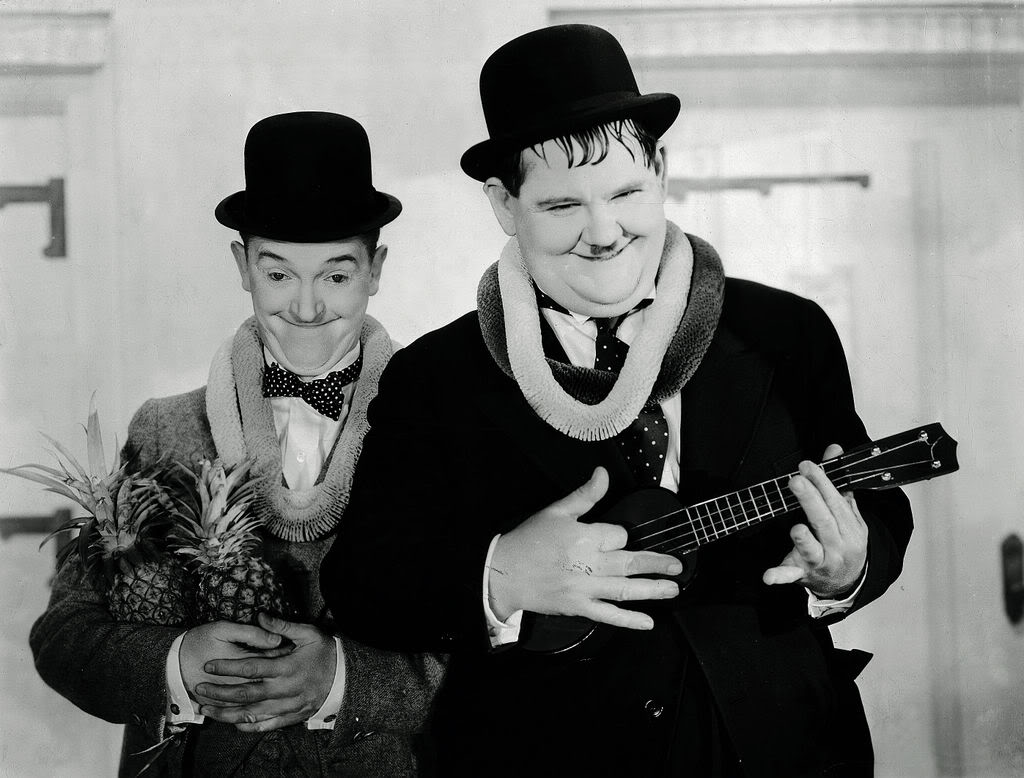
Yesterday I practiced the Mozart piece diligently. I worked with my metronome clicking it up very gradually to not only speed it up a bit but also check the steadiness of my tempo. I am way out of control on this project. It is hardly likely that people in my audiences at the wedding and then at church (I scheduled it as the postlude this Sunday) will notice if I don’t play it quite up to my own standards.
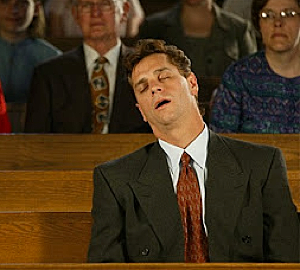
I fear I could use a bit more time on it, but I don’t have that so I accept the challenge of trying to do it as well as I can this weekend.
![]()
After a couple hours yesterday, I gave myself a little reprieve and played through some Vierne. I have reached the section of his bio where Rollin Smith is going through each of Vieren’s organ works and commenting. I was surprised to read that Smith thinks Vierne is the greatest organ composer of the 20th century. That’s a sweeping statement. I guess he thinks Messiaen’s not quite up to snuff. It’s kind of a common thing for older organists and snobby organists to ignore a lot of music (like Messiaen and more contemporary composers) and sort of write it off.
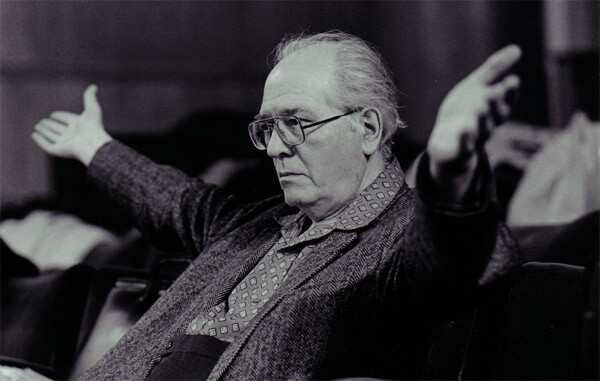
Since I get written off quite a bit myself, I should find that a bit consoling.

